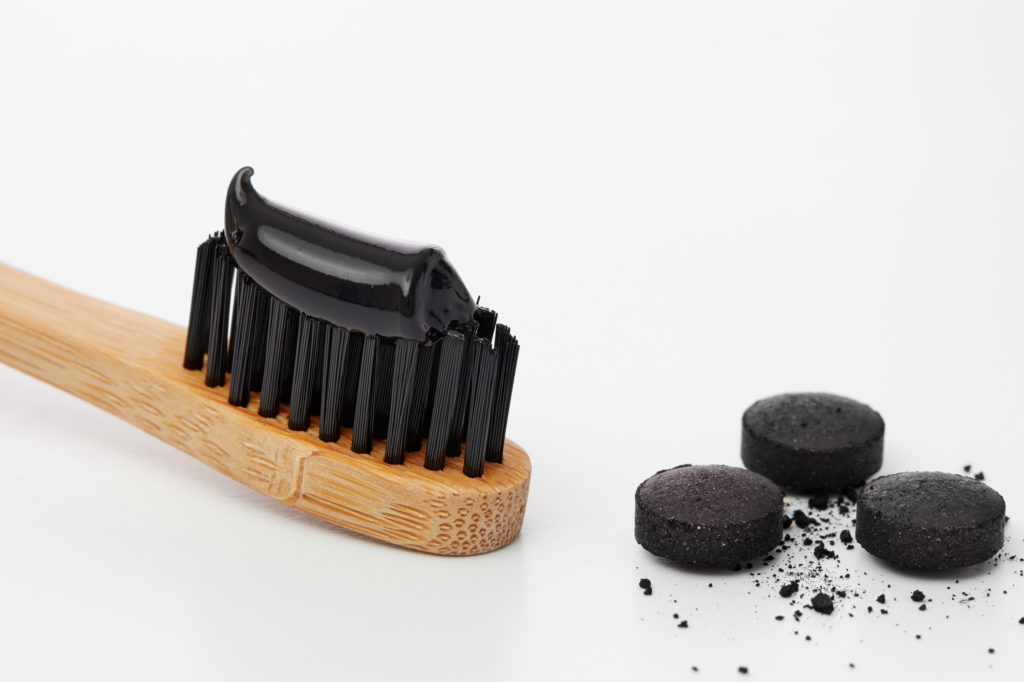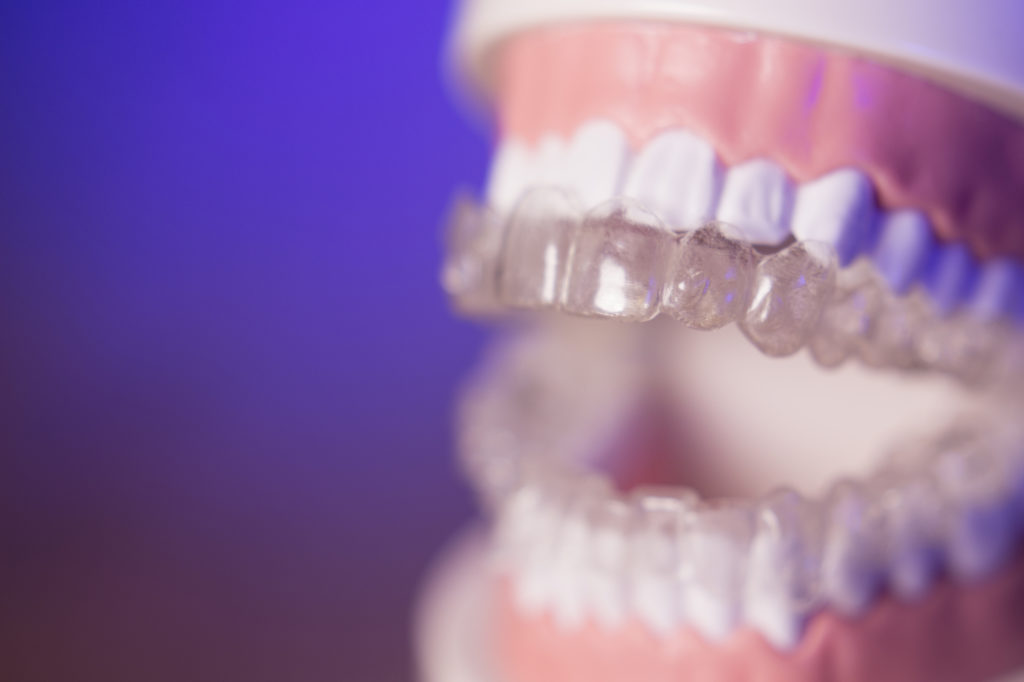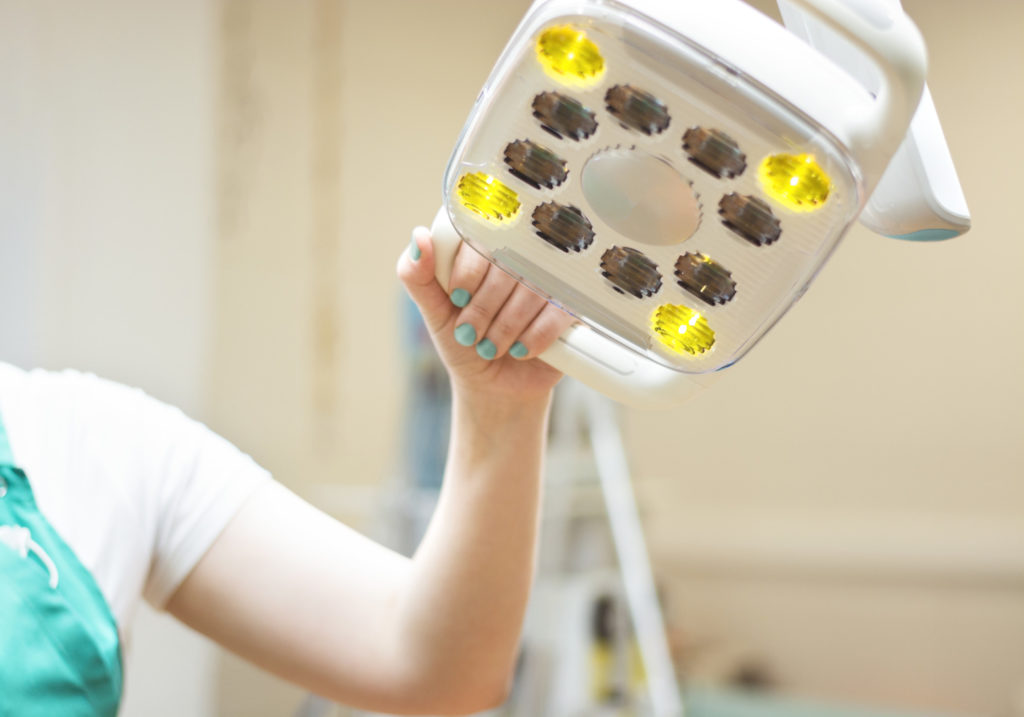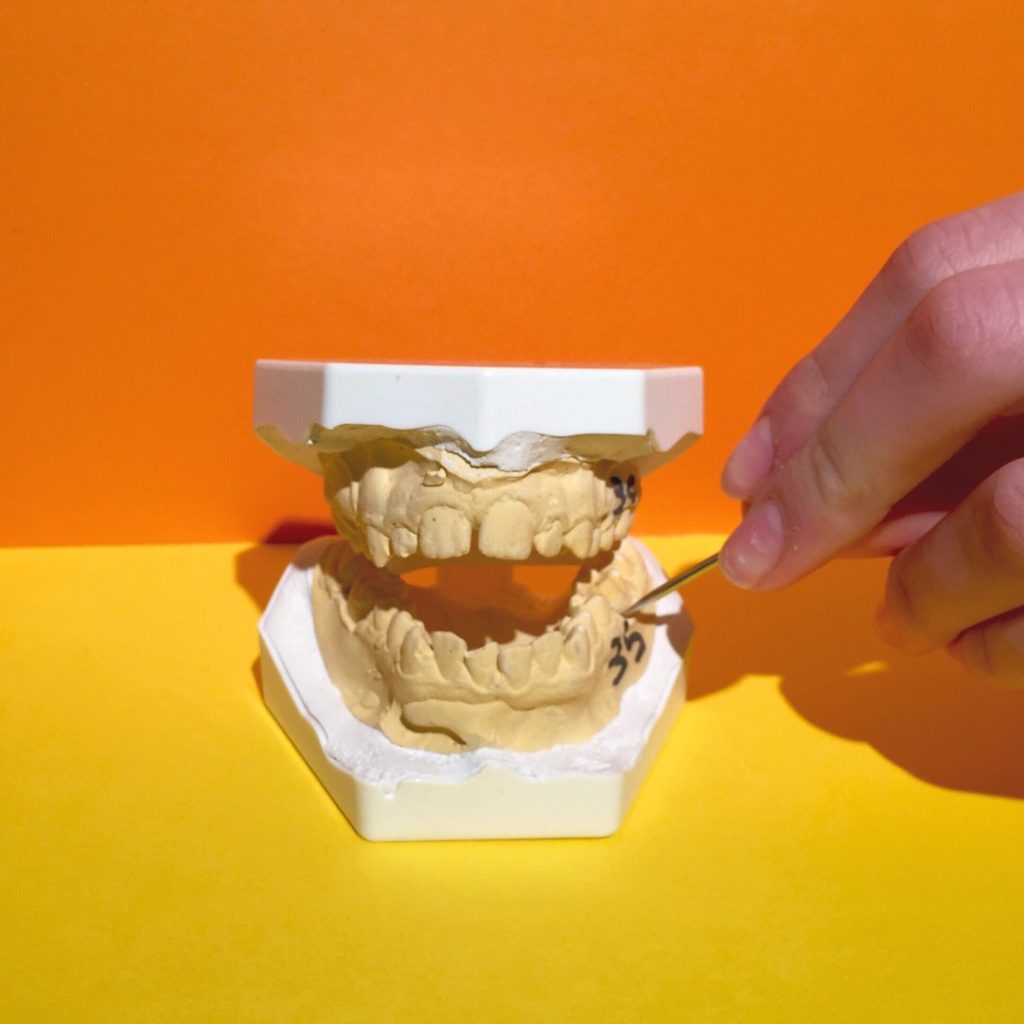How Do Veneers Work?
Dental veneers are one of the most popular cosmetic dental procedures for chipped, misshapen teeth and severe discoloration. They require very little maintenance and offer a significant change in the appearance of your teeth. If your dentist recommends porcelain teeth veneers in Houston to address the cosmetic concerns you have about your smile, here is what you need to know.
What Are Veneers And How Do Veneers Work?
Veneers are thin shells that your dentist attaches to your teeth to change their appearance. The shells are made of tooth-colored material and are specifically designed to appear natural in your mouth. Dental veneers can be made from porcelain or resin, but porcelain veneers are more common as many people find that they look more natural. Your cosmetic dentist will determine which kinds of veneers are right for you.
What Problems Do Veneers Fix?
Veneers can address a number of cosmetic concerns. They can be used to fill in gaps between teeth, lengthen teeth that appear too short, fix misalignments, and cover chips and cracks. Veneers can also cover up severe discoloration that cannot be corrected with traditional whitening treatments, such as discolorations that are the result of tetracycline use or excessive fluoride. Your dentist can design your veneers to address the specific issues you have so that your teeth look uniform and flawless.
How Are Veneers Placed?
To prepare your teeth for dental veneers, your dentist will remove a small portion of tooth enamel to create a space for the veneer. Some patients wish to have a local anesthetic for this process. Once the enamel is removed, your dentist will make an impression of your teeth to use as a basis for creating your veneers. When your veneers are ready, your dentist will etch part of your tooth surfaces to make them more receptive to adhesive and bond the veneers to your teeth using a special type of cement that is activated with a curing light. Lastly, any excess cement is removed and the veneers are fine-tuned for the perfect fit.
So now that you have a brief overview of what Veneers are and how they work, let’s dive into a bit more detail on how veneers can impact your smile.
Ways Veneers Can Impact Your Smile
You might be surprised to realize that not a lot of people realize the impact healthy, white teeth have on a person. Teeth can be perfectly healthy but be misaligned, stained or otherwise oddly shaped, and that can affect how you perceive yourself. Veneers are a very affordable solution to improve your smile’s appearance in many ways.
Color
So you like your coffee or have a smoking habit you’ve been trying to kick for years—you already know the effect those two things are having on the color of your teeth. This is no time to give up hope though, aside from bad habits, staining of teeth can also come with age and consumption of other foods as well. Sure, whitening kits can give a temporary solution in some cases, but that requires constant treatments and can get expensive. Sometimes stains are also beneath the surface and can’t be whitened at all. Veneers are perfect for getting that healthy white color everyone wants—in fact, the color can be customized to your exact level of white.
Shape
Teeth are remarkably strong but aren’t invincible, they can become chipped, loose or flake enamel. Everything from a bad fall on the face to other dental trauma can chip a tooth significantly. Even grinding your teeth in your sleep can damage the surface of teeth. Let’s not forget genetics either, the hand you cannot choose that is dealt to you at birth—can leave you with some very pointy teeth by nature, or other odd shape deviations. Veneers can be custom designed in the shape you choose that looks best in your mouth. You no longer have to live with the hand you were dealt.
Size
Usually, teeth are proportionate in size to your lips and the size of your gums. In some cases, however, people can be born with unusually sized teeth that are as small as baby teeth even as a grown adult. Veneers can be created to add length and compensate for the small size of your natural teeth. This creates a more pleasant and proportionate set of teeth and improves your smile greatly.
Tooth Spacing
Sometimes, failure of braces or not getting braces when needed can leave people with a gap in their teeth that makes them lack confidence. Sure in some cases it may be a signature look, but that is usually in the case of celebrities—and they likely had to learn to live with it and adapt it into a positive. Most people, however, find it impacts their self-image negatively and are seeking a resolution. Veneers offer that smile they seek and can cover up minor gaps that are not severe enough to warrant orthodontics. The results are instant and long-lasting and can have a huge impact on how you are viewed, but most importantly how you view yourself.
Ready For Your Instant Smile Upgrade?
Don’t spend another day loathing that chipped tooth, the gap in the middle, or yellowed teeth. Invest in veneers from Comprehensive Dental Group today. We can design your new smile from start to finish and give you an instant upgrade that will change your life. Contact us today for a free consultation and get back to smiling again!










